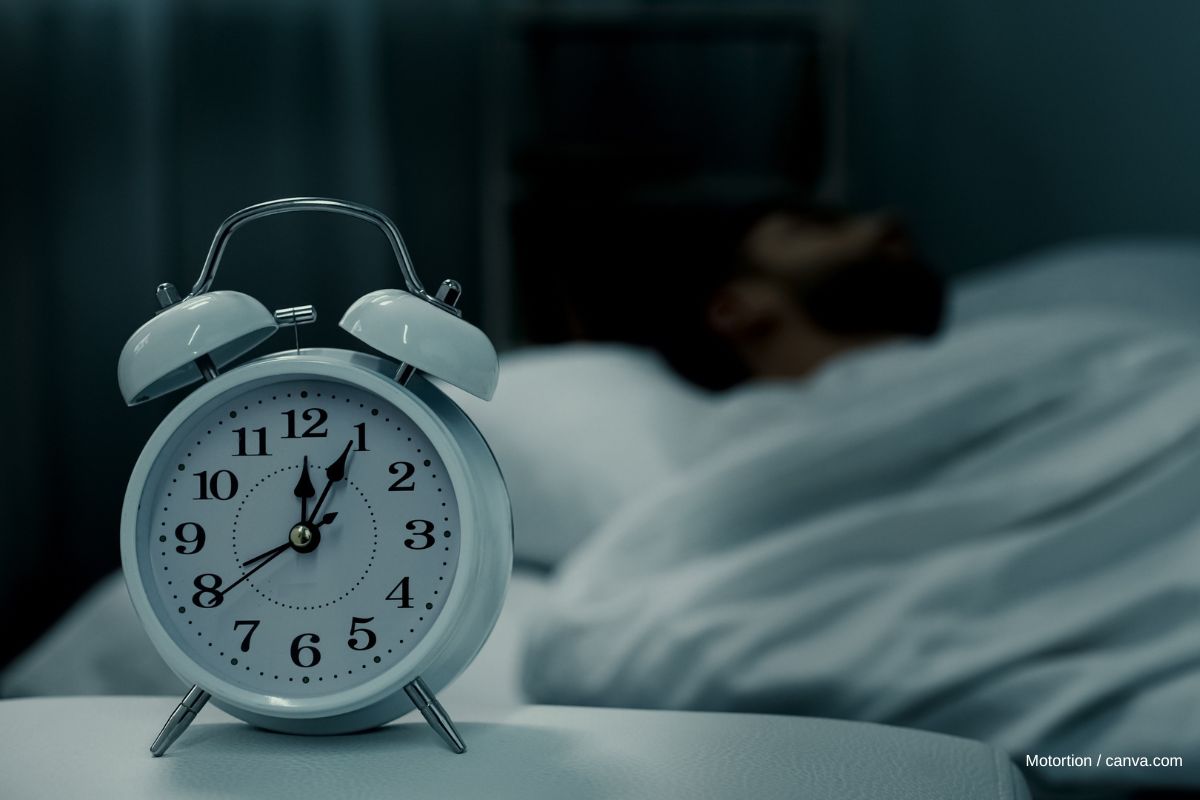Sleep calculator – can we estimate our ideal sleep duration?

Healthy sleep is crucial for our physical and mental health. However, more and more people are complaining about poor or too little sleep. Whether it be problems falling asleep or staying asleep, not everyone finds it easy to get enough sleep. This raises an important question: how much sleep is actually necessary to feel well rested and fit? Here's where the sleep calculator comes in – a useful tool to analyze and optimize your sleeping habits.
What is a sleep calculator?
You can find sleep calculators online on various websites. Many sleep apps also offer a sleep calculator. They are used to determine your ideal sleep requirements to help you optimize your bedtime. Depending on the model, the calculator requires more or less data from you. For simple sleep calculators, which you can find online for free, the following information is usually sufficient:
- the time you fall asleep and/or usually wake up
- the average time you need to fall asleep
- your age
Some sleep calculators also ask about gender to calculate an optimal bedtime. Comprehensive sleep apps can also collect additional data to determine the perfect time to go to bed or get up. Examples include the duration of sleep phases or the quality of your sleep.
How does a sleep calculator work?
A sleep calculator works with statistical averages to calculate the supposed individual sleep time. Therefore, the results are not that customized! A duration of 90 minutes per sleep cycle is used as reference. Adults should go through five to six of these sleep cycles per night for them to feel refreshed the next morning. This results in an average sleep requirement of seven to nine hours. If you now calculate back from the planned wake-up time and add the average time it takes to fall asleep, you get the recommended bedtime. If you do a calculation based on your bedtime, you’ll arrive at the ideal time to wake up.

Why would a sleep calculator be useful?
Simple sleep calculators are based on average values, but do not consider factors like whether you wake up several times during the night or sleep restlessly. You should therefore not assume that the results 100% apply to you or that your sleep will improve simply by getting up and going to bed at the specified times.
Nevertheless, a sleep calculator can help you gain a better understanding of your body's need for rest. If you have not yet familiarized yourself with the sleep phases or the recommended sleep requirements, the results of the sleep calculator can be a first point of reference to start thinking about your sleeping habits.
Be aware that our body and mind need sleep cycles for complete regeneration. For example, have you ever felt exhausted when someone woke you up from a deep sleep? This was because your sleep cycle was not yet finished! Use the sleep calculator to try and find your ideal bedtime so that you don't wake up in the middle of a cycle.
The average sleep requirement by age
Is it possible to deduce sleep requirements based on age alone? How much sleep we need varies from person to person. However, age serves as a guideline for how many hours of sleep the body and mind need per night in order to be healthy and productive.
Here are the sleep requirements by age:
- Babies up to 1 year: 12 to 17 hours
- Toddlers 1 to 2 years: 11 to 14 hours
- Pre-school children 3 to 5 years: 10 to 13 hours
- School children 6 to 13 years: 9 to 11 hours
- Teenagers 14 to 17 years: 8 to 10 hours
- Adults aged 18 and over: 7 to 9 hours
- Seniors aged 65 and over: 7 to 8 hours
As you can see, the average sleep requirement decreases with age. Children and adolescents need more sleep because it is closely linked to their mental and physical development. Growth processes as well as the processing of what they have learned, take place during sleep. Deep sleep in particular also fulfills important functions for us adults. Sufficient sleep is therefore essential for good health!
The optimal sleep requirement by gender

In addition to age, some sleep calculators also ask about gender to determine the duration of sleep and, based on this, the best bedtime. Do men and women need different amounts of sleep? Some studies suggest that they do. On average, women need around 30 minutes more sleep per night than men. According to these studies, women and often also have a less restful sleep. However, these differences between the sexes have not yet been conclusively proven and need to be further researched.
Optimize your own bedtime
When should you go to bed to be in top shape when the alarm clock rings? The answer to this question is completely up to you. Diet, stress levels, general well-being, sleeping environment – many factors influence how well you sleep and how much sleep you need. Even the time you fall asleep is not set in stone. If you are currently plagued by worries or anxiety, it will most likely take longer than usual to fall asleep, and you may also sleep restlessly overall. On the other hand, if stress and tension decrease, your sleep will also improve. That's why you should always pay attention to your body's signals to find your personal bedtime and sleep duration. Because no matter what time the sleep calculator wants to send you to bed, you should go to sleep when you feel tired. Your body knows best at what time it needs its well-deserved sleep!
Photo credits:
Motortion / canva.com
Damir Khabirov / canva.com
andresr / canva.com
